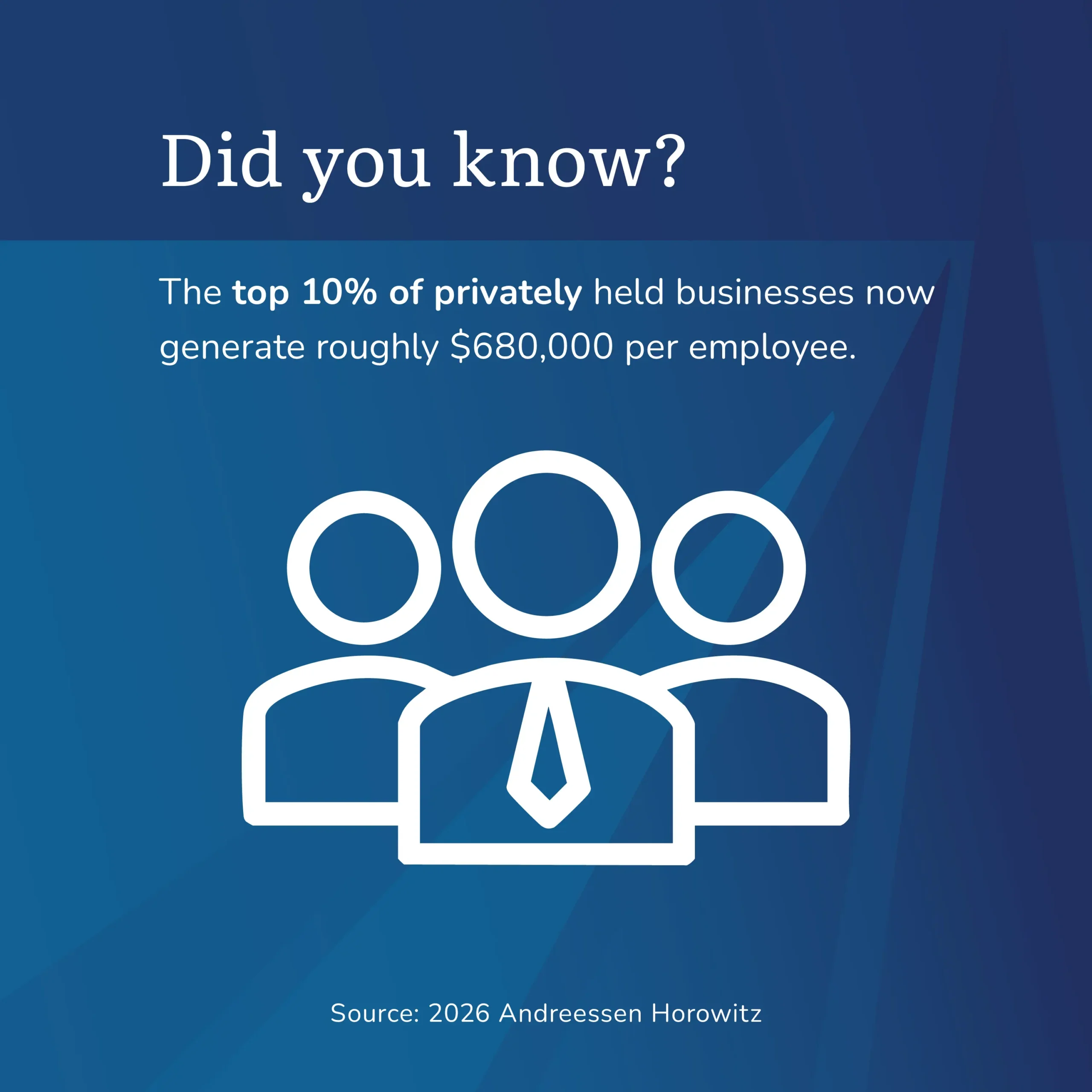Five HSA Benefits
Health Savings Accounts (HSAs) are the Cerberus of accounts. That is because they offer a trifecta of tax benefits. Contributions can be deducted. Earnings are tax-deferred while in the account and, if HSA funds are used for qualified medical expenses, both contributions and earnings are tax-free when distributed.
While you may know the basics, here are 5 HSA benefits that may surprise you, courtesy of our friends at The Slott Report.
- There are currently no income limits for HSA contributions, and you do not need to have earned income to contribute. As long as you have HSA compatible high deductible health insurance you can make an HSA contribution for the year. No one makes too much to contribute and, unlike an IRA, there is no requirement that you have earned income to be eligible.
- If you make an HSA contribution, currently you may deduct that contribution regardless of how high your income is. Everyone who is eligible to make an HSA contribution can deduct it. No one makes too much money to take the deduction. It never phases out or goes away, even for the highest earners.
- You can take tax-free distributions from your HSA for qualified medical expenses, including those of a spouse or dependent. This is true even if your spouse or child is not covered under the HSA-compatible high deductible health insurance. Your HSA can benefit your family members. This is true even if they do not have high deductible coverage themselves.
- You can take a tax-free distribution from an HSA to reimburse yourself for qualified medical expenses in prior years as long as the expenses were incurred after you established your HSA and you have proof of those expenses. There is no requirement that the expense and the HSA distribution take place in the same year. In fact, the distribution could happen years later and still be a qualified tax-free distribution from the HSA.
- You cannot contribute to an HSA once you are enrolled in Medicare. However, you can keep your existing HSA and you can still take tax-free distributions for qualified medical expenses. Many people are unaware of these rules and mistakenly believe HSAs cannot be kept past Medicare enrollment. That is not the case. You can keep your HSA and you can continue to tap it to pay your medical bills.
Bonus benefit – at age 65 an HSA basically turns into an IRA. You can take penalty-free distributions from an HSA for any reason. However, in order to be tax-free withdraws have to be for medical expenses. Withdraws made for other purposes are subject to ordinary income tax.
You are only allowed to open and fund an HSA if you are enrolled in a high-deductible health care plan. The IRS defines a high deductible health plan as any plan with a deductible of at least $1,400 for an individual or $2,800 for a family. Total annual out-of-pocket expenses (including deductibles, copayments, and coinsurance) can’t be more than $7,000 for an individual or $14,000 for a family.
Should you open an HSA? Need help determining if one is right for you and your family? Reach out to us!
Happy investing.
Marcos
SOURCE: The Slott Report
Categories
Recent Insights
-

Name, Image, and Likeness: The Financial Playbook Every Athlete Needs
In 2021, college sports entered a new era. The introduction of Name, Image, and Likeness (NIL) rights gave student-athletes the ability to earn money through endorsements, sponsorships, and social media partnerships. For many young athletes, this was the first time their talent could translate directly into financial opportunity. But with opportunity comes responsibility—and complexity. NIL…
-

Talk Your Chart | The Productivity Shift Reshaping Earnings, Jobs, and Market Performance | Ep. 76
Episode 76 of Talk Your Chart looks at the productivity shift reshaping earnings, jobs, and market performance. Marcos and Brett dig into new data showing how companies are generating more revenue with fewer employees, why margins remain resilient, and what that means for markets moving forward. They also unpack shifts in the labor market, the…
-

Turning Your IRA into a Legacy: How a Donor Advised Fund Can Amplify Your Impact
What if your retirement savings could do more than secure your future—what if they could create a lasting impact on the causes and communities you care about? For many families, naming a donor advised fund (DAF) as the beneficiary of an IRA is a purposeful strategy that makes this possible. Retaining Influence Over Your Charitable…
-

Just Because You’re Over 50 Doesn’t Mean You Have To Invest In Bonds
There’s no universal rule that investors in their 50s should start investing in bonds—asset allocation should be driven by an individualized financial plan.
-

Protect Profits and People: The Top 3 Risk Management Strategies for Your Business
Running a business is about more than day-to-day operations — it’s about protecting the hard work you’ve invested and the people who make it possible. Business owners face the dual challenge of maintaining profitability while creating a workplace where employees feel valued and secure. Smart companies understand that risk management and employee retention are interconnected.…
